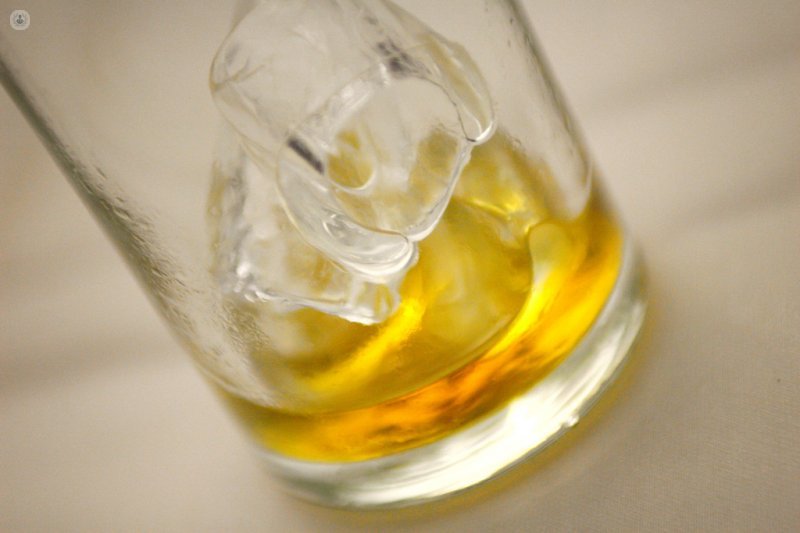Personality theories alcoholic
Written by:Specialists in psychology distinguish different theories that they share the main features of the personality of a person dependent on alcohol.
Theory of personality structure
 From the theory of personality structure it is difficult to establish a pattern of alcoholic personality, while it is true that the habits of alcoholism produce the settlement of customs that are rooted as features, since the alcoholic built his life around the substance .
From the theory of personality structure it is difficult to establish a pattern of alcoholic personality, while it is true that the habits of alcoholism produce the settlement of customs that are rooted as features, since the alcoholic built his life around the substance .
This theory refers to the customs of alcohol and how alcohol intake affects their behavior, specifically behavioral disinhibition.
Alcoholic personality appears when the disease has been established. About half of alcoholics do not present problems of previous personality. However, there are certain personality disorders extremely vulnerable to substance, led by borderline personality disorder and antisocial personality disorder, which together with the presence of alcohol addiction make up what is called dual diagnosis.
Since the essential characteristic of borderline personality disorder is instability, it increases vulnerability to substance use in general. A marked own impulsiveness of such personality hinders significantly frustration tolerance, favors the appearance of reactions short, and limits a complete and accurate view of reality, which makes is in substance a pathological feeling control.
psychodynamic theories
Psychodynamic theories posit hypotheses related to the satisfaction of impulses immediately, intolerance aversive internal states, the quick search to pleasure and radical escape from pain, which provide that the person is in alcohol intake that immediate gratification .
social and environmental theory
family theory
The familiar theory postulates that alcoholic parents "project" his alcoholism in their children for identification or imitation. dysfunctional or broken families, which dominates an extremely rigid, inflexible, regulatory climate, can cause a "choking situation" in which alcohol acts as disinhibitor of that tension and stiffness.
systemic theory
Finally it is understood, from systems theory, pathological alcohol intake not as a disorder related to substance but understood as action in a complex system such as the psyche of the person, that is, that alcohol resolved, albeit pathologically, generating some problems anguish that beyond the resources of adaptive coping of the person.


